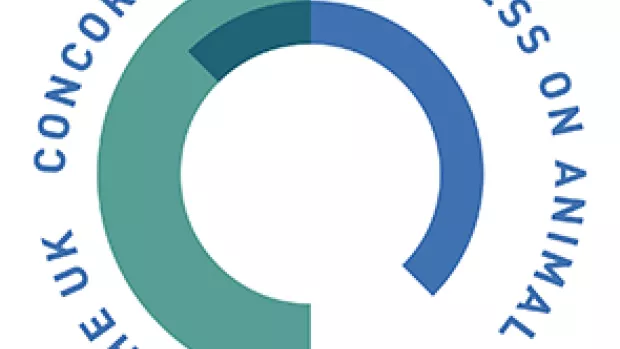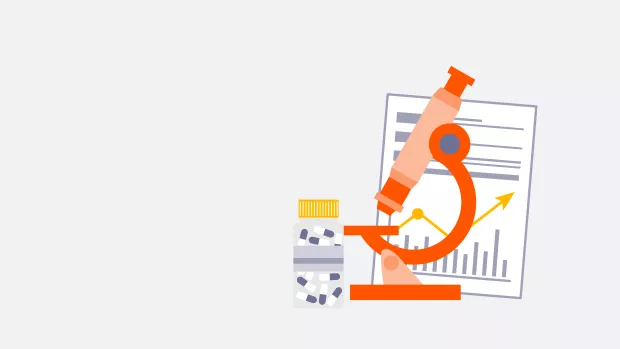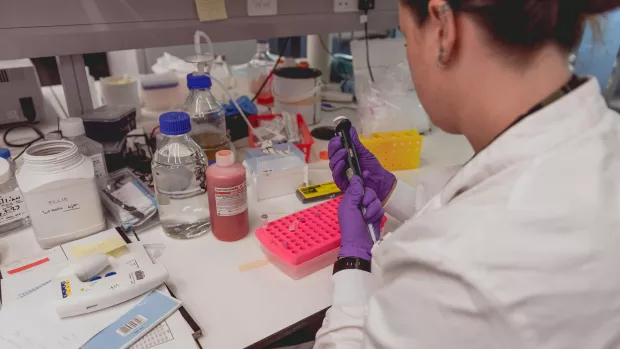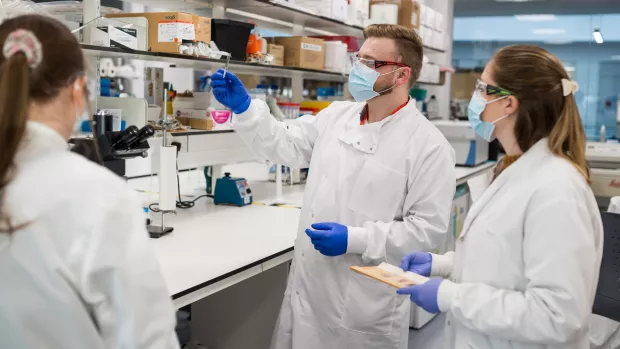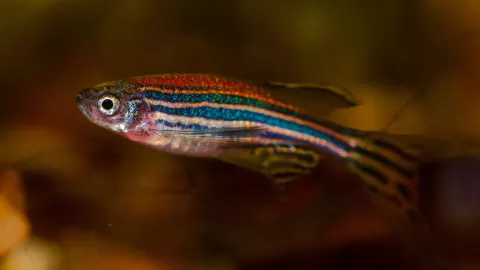
Policy on use of animals in research
We’re committed to finding new treatments that can help everyone with MS. Find out about why we fund animal research and what this means for our community.
Finding new treatments that help everyone with MS is our top priority. And funding animal research gives us the best chance of doing it.
Funding research that uses animals is not a decision we take lightly. But at the moment there are no alternatives for many important studies.
Often it's only when we look at a complete living system that combines genes, body chemicals and environmental factors, that we can really see what effect a new treatment or procedure might have if it was used on a person.
Reducing the number of animals used in research
This is unlikely to change in the near future. But we're actively supporting innovative alternatives to reduce the number of animals used in research. For example, our researchers are now growing human stem cells in a dish for basic experiments. And the MS Society Tissue Bank helps researchers use donated post-mortem tissue when this is a suitable alternative.
How does animal testing help MS research?
Research using animals is vital in advancing our understanding of MS. And it's been critical in the development of new treatments. Many current disease modifying therapies (DMTs) were only possible as a direct result of testing and experiments involving animals.
By law, new compounds must be shown to be safe and effective in animal studies before they can be tested in human clinical trials.
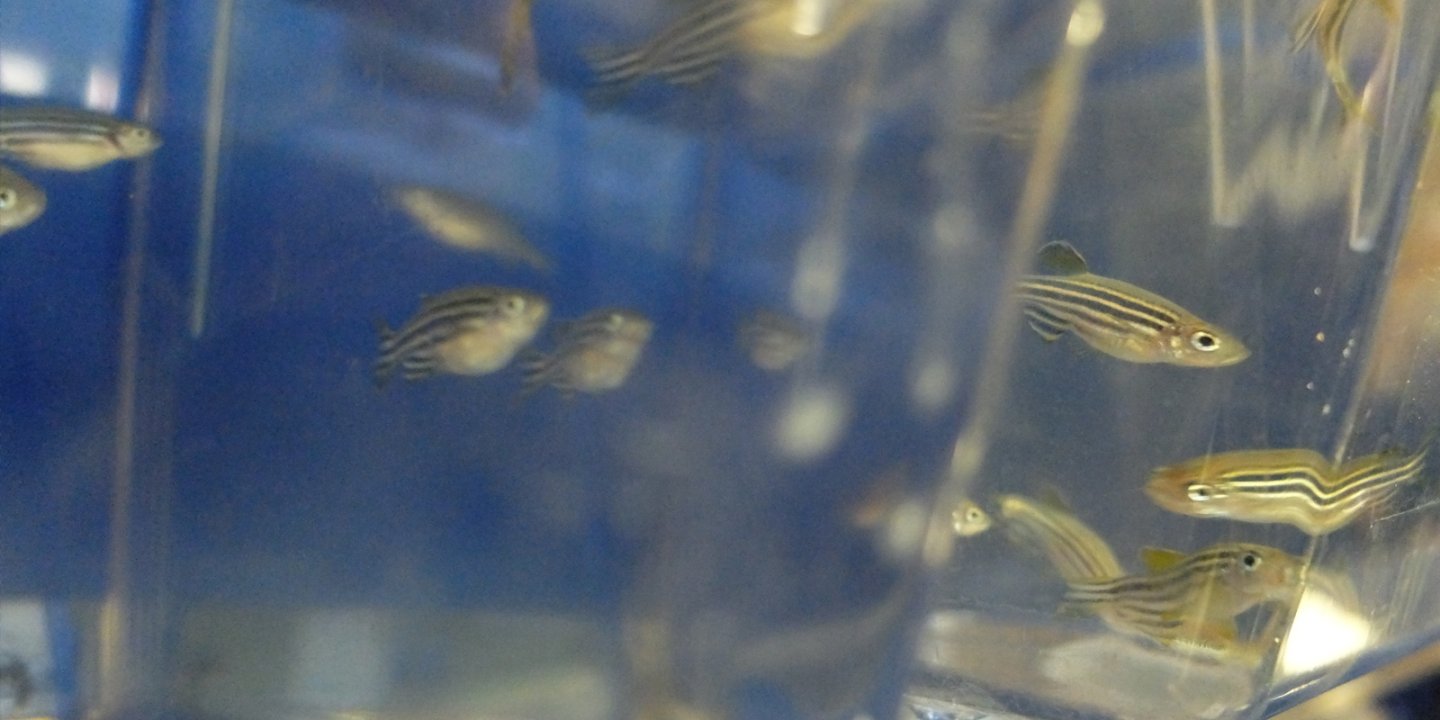
How is animal research regulated?
All our research is reviewed by an independent ethical board, usually at a hospital or university. This is made up of scientists and members of the public.
Before any project can go ahead, the board must be persuaded there is no suitable alternative to the use of animals.
UK legislation is among the strictest in the world. And all the research we fund must comply with local laws and regulations.
Read the UK's legislation on animal testing on the government's website
Every institution, individual researcher and funded project must get a separate license from the Home Office before they can test on animals.
The 3 Rs of animal research
As a member of the Association of Medical Research Charities (AMRC) we support their position statement on the use of animals in research. That means we expect all our researchers to follow the principle of the 3Rs of animal research:
- Reduce the number of animals used to the minimum necessary for a valid result
- Refine experiments to minimise any pain, suffering or distress
- Replace animal experiments with alternatives wherever possible.
Read about the 3 Rs of animal research on NC3Rs website
Read the AMRC position statement on animal research on their website
The PREPARE (Planning Research and Experimental Procedures on Animals: Recommendations for Excellence) and ARRIVE (Animal Research: Reporting In Vivo Experiments) guidelines were developed to improve how animal studies are designed, carried out and reported by researchers. They make sure data from animal experiments is fully evaluated and used by other researchers.
We fully endorse these guidelines. We expect our researchers to consider the PREPARE guidelines when designing experiments. And comply with the ARRIVE guidelines when reporting your research.
Read the ARRIVE 2.0 guidelines on the ARRIVE websiteRead the PREPARE guidelines on the Norecopa website
Animal experiments we fund
Our projects use mice, rats and small fish. We do not fund any research that uses primates.

